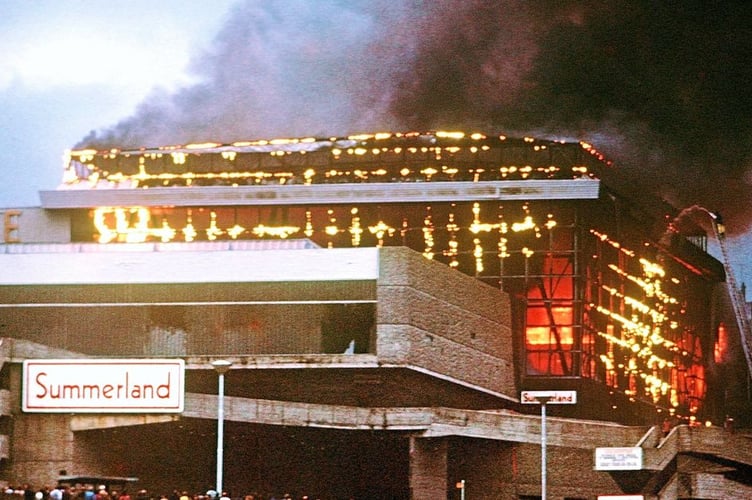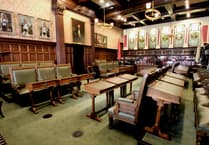The decision by the Attorney General (AG) to reject calls for a fresh inquest into the Summerland fire is being challenged.
A total of 50 people lost their lives in the blaze at the Douglas leisure centre in 1973, during one of the island’s worst-ever tragedies.
An application, submitted in March 2025 by Phoenix Law on behalf of the Justice for Summerland campaign group, argued that the original inquests held in 1974 were ‘ineffective and perfunctory’, and claimed there had never been a full and proper investigation into the fire.
In a detailed response addressed to the campaigners, Attorney General Walter Wannenburgh KC confirmed he had considered the application under section 6 of the Coroners of Inquests Act 1987, which allows for a new inquest to be directed if there is reason to believe one is ‘desirable’.
Phoenix Law is now set to challenge the decision, claiming Mr Wannenburgh applied the wrong legal test when rejecting calls for a fresh inquest.
In a letter of pre-action correspondence prior to a petition of doleance, Phoenix Law solicitors say: ‘The original inquests left bland and uninformative conclusions and returned findings incorrect in law.
‘It is accepted by the AG that “the inquests were a brief and summary process”. These deficiencies could not, and have not, been remedied by concurrent or subsequent enquiries.’
The solicitors argue that, under Manx law, ordering a fresh inquest only has to be ‘desirable’, whereas in English law it must be ‘desirable and necessary’.
They argue the AG applied the English definition, which carries a higher threshold than that in Manx law.
The solicitors say: ‘The outworking of the interjection of the English and Welsh jurisprudence (and legal test) is a misapplication of the law.
‘Put simply, the test and procedure that apply in England and Wales impose a higher threshold, insofar as they include the additional hurdle of necessity.’
They argue the decision is ‘unlawful by virtue of the fact the incorrect legal test has been improperly applied, without any lawful basis’.
The letter also challenges the original verdict of ‘death by misadventure’.

They state: ‘Logically speaking, a verdict of “death by accident” would be the only appropriate finding to return. In failing to land upon the correct verdict at an inquest on similar facts, the AG’s definition of “misadventure” is therefore inadequate. Its inadequacy amounts to a misdirection in law.’
The solicitors argue that ‘death by misadventure’ suggests the victims should have foreseen the risks of visiting Summerland that day, which they say is inaccurate.
They believe there is every reason a fresh inquest could result in a different verdict, with families of lost loved ones believing ‘accident’ or ‘unlawful killing’ would be more appropriate.
They also argue that insufficient weight was given to the wishes of the victims’ families.
The solicitors are seeking for the AG’s decision to be immediately set aside and quashed, and for new inquests to be directed without delay.
In deciding not to order fresh inquests, Mr Wannenburgh argued the original inquests did identify serious failings and where responsibility lay for those failings, revealing ‘the substantive truth of how the deceased came to lose their lives’.



.png?width=209&height=140&crop=209:145,smart&quality=75)
